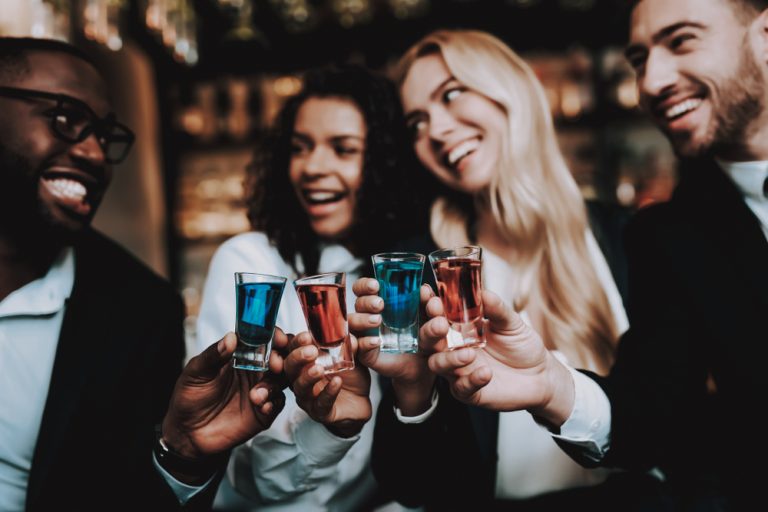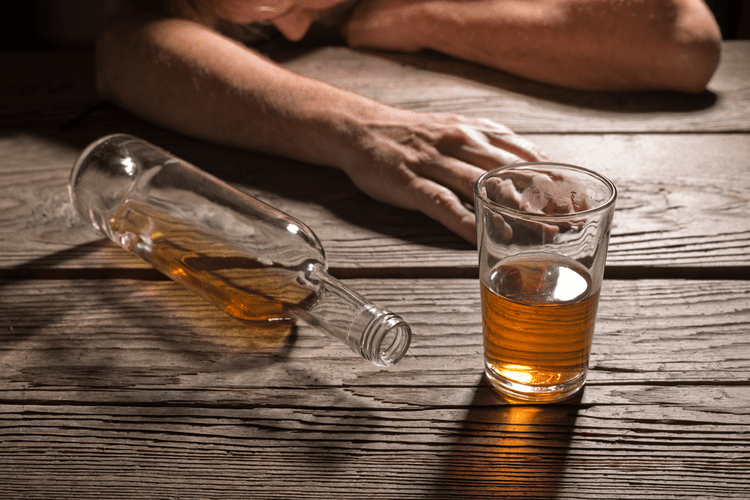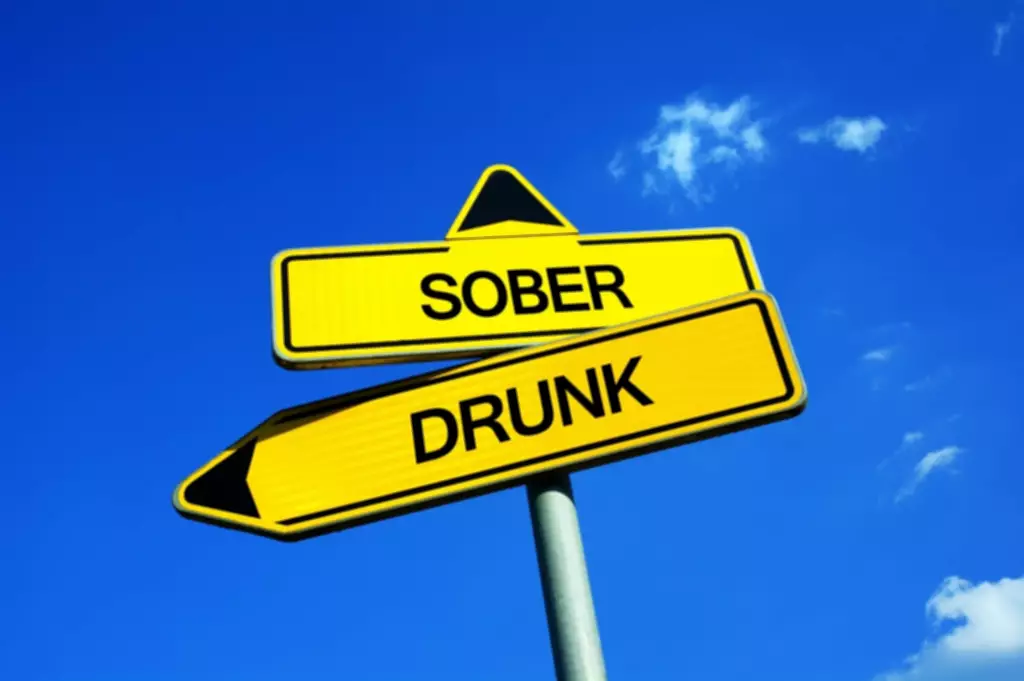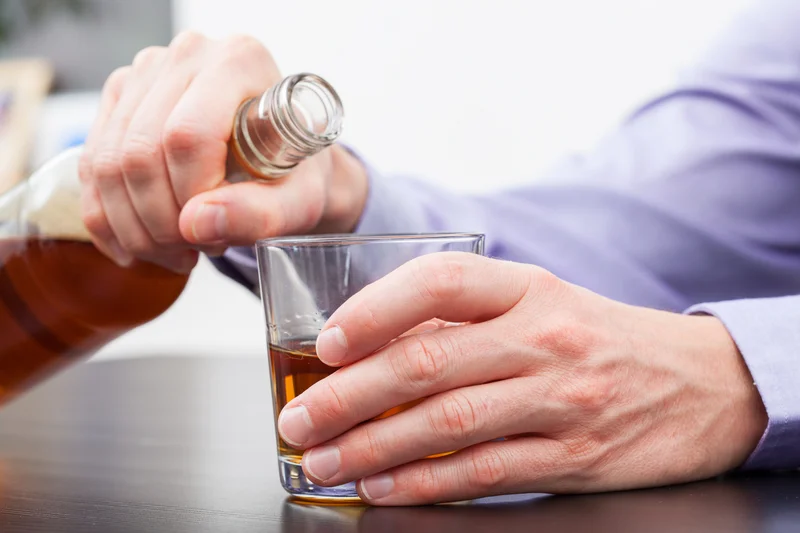As a result, your sleep quality is lower and you have an increased risk of waking up and not being able to sleep in the morning. Certain antibiotics, including Bactrim, Flagyl, and Tindamax can have even more severe effects when mixed with alcohol. This can result in symptoms like nausea, vomiting, flushing, and a rapid heart rate. Studies even show that chronic, heavy drinkers are more prone to contracting contagious diseases like pneumonia, tuberculosis, and HIV. It also makes it harder to fight off any sicknesses you already have, meaning you might stay sick longer and experience worse symptoms. However, excessive, long-term alcohol consumption can cause serious damage to your heart and cardiovascular system.
Alcohol’s Effect on the Body
Randomized allocation (azithromycin vs placebo) was similar in each alcohol intake category. Chronic obstructive pulmonary disease (COPD) is a chronic inflammatory lung disease that causes obstructed airflow from the lungs. It affects 16 million Americans and is the third leading cause of death in the United States. Symptoms of COPD typically include coughing, spitting up phlegm (mucus), difficulty breathing, wheezing, shortness of breath, and tiredness. Although not everyone who drinks also smokes, one study did show that within a sample of people ages 40 to 64, 45% of people who reported that they do smoke also reported engaging in very heavy drinking.
Among persons with COPD at high risk of exacerbation, we found no significant relationship between self-reported baseline alcohol intake and subsequent exacerbations. The number of patients reporting heavy alcohol intake was small and further study is needed to determine the effect of heavy alcohol intake on AECOPD risk. If we have any of these risk factors, adding alcohol to the mix is likely to increase our risk, given its negative effects on our lung and immune function. Particularly if we find ourselves coughing after drinking alcohol or experiencing shortness of breath after drinking alcohol, it’s best to avoid it.
- When you drink heavily, the system doesn’t work as effectively as it should.
- It should not be used in place of the advice of your physician or other qualified healthcare providers.
- Even a single episode of heavy drinking can inhibit your body’s ability to fight viruses and bacteria for up to 24 hours.
- The answer to whether we can drink alcohol with COPD isn’t necessarily clear.
- Decreased levels of glutathione makes us more susceptible to breathing difficulties and can contribute to COPD flare ups.
Diagnosis
Even a single episode of heavy drinking can inhibit your body’s ability to fight viruses and bacteria for up to 24 hours. Baseline characteristics of the study population are presented in Table 1. Of the 1,082 subjects, 645 participants (59.6%) reported minimal to no alcohol intake, 363 (33.5%) reported light-to-moderate intake, and 74 (6.8%) reported heavy intake. Little is known about the effects of alcohol consumption on susceptibility to AECOPD. People who encounter high levels of environmental pollution are also at risk for lung damage that could cause the disease.
Does drinking alcohol worsen COPD symptoms?
Plus, we’re always introducing new features to optimize your in-app experience. We recently launched our in-app chatbot, Melody, powered by the world’s most powerful AI technology. Melody is here to help as you adjust to a life with less (or no) alcohol. The Reframe app equips you with the knowledge and skills you need to not only survive drinking less, but to thrive while you navigate the journey. Our daily research-backed readings teach you the neuroscience of alcohol, and our in-app Toolkit provides the resources and activities you need to navigate each challenge.
- Consuming them together can cause you to become excessively sedated and cause dangerous spikes in blood pressure.
- The information we provide is not intended to be a substitute for professional medical advice, diagnosis or treatment.
- Getting sufficient, good quality sleep is necessary for staying healthy and living a fulfilling life with COPD.
- In fact, people who have an alcohol use disorder are more than twice as likely to have something called acute respiratory distress syndrome.
- It is not our intention to serve as a substitute for medical advice and any content posted should not be used for medical advice, diagnosis or treatment.
The Heart
The body of research is not robust enough to form firm scientific conclusions and many of the studies that have been done on alcohol and COPD are poorly controlled and contradictory. Many also fail to separate the effects of drinking and smoking, which makes it impossible to tell whether or not negative health effects are the result of alcohol or tobacco consumption. Drinking too much alcohol can significantly reduce your immune system’s ability to stave off illnesses and infections.
The 6 Stages of Mental Health Recovery
It’s important to do everything you can to reduce your symptoms and get good quality rest, and that may include abstaining from alcohol at night. Many people with COPD already struggle with breathlessness, wheezing, and airway obstruction that makes it difficult to sleep at night. It’s important to remember that alcohol will only make those symptoms worse. The answer is, “probably, yes,” but to what extent alcohol is dangerous for COPD patients is a difficult question to answer.
When it comes to moderate drinking, it is still not easy to determine a generally safe amount of alcohol a person could drink if they have COPD or are at risk for the condition. This is due to other individual factors like overall health, the regularity of drinking, and the progression or risk of the disease. The authors of another study identified a link between regular consumption of alcohol and lung problems in otherwise healthy individuals. Since COPD is a lung condition, any negative impact of alcohol on the lungs may make a person more predisposed to develop a COPD disease.
In addition to causing respiratory difficulties, wine can produce allergic reactions and uncomfortable symptoms, like skin itching or flushing. By creating an allergic reaction, wine and other alcoholic beverages can exacerbate the breathing difficulties and discomfort that occur with COPD. If you or a loved one is diagnosed with chronic obstructive pulmonary disease (COPD), you may wonder if you can have alcohol.Drinking too much alcoholcan does alcohol affect copd negatively affect people with COPD. Without COPD treatment from your doctor, the condition will continue to worsen and become more life-threatening. If you have COPD and drink alcohol regularly, you will likely aggravate your existing symptoms by increasing how often and how severely you experience them. Drinking alcohol at night can also affect your sleep in other ways—by affecting the muscles in your throat and worsening obstructive sleep apnea.
Immune System
Alcohol acts as a depressant, which means it relaxes your muscles and slows down many of your body’s normal processes. During the daytime, this might just make you feel relaxed and a little drowsy, but at night it can severely hurt your quality of sleep. In order to get mucus up and out of your lungs, the cilia have beat back and forth to move the mucus in the right direction. Alcohol makes these cilia less responsive and less active, which makes them much less effective at doing their job. Alcohol is a diuretic, meaning it causes you to urinate more frequently and get dehydrated more quickly. However, this also affects your kidneys’ ability to regulate the amount of nutrients and electrolytes in your body.
The authors of a 2016 study concluded that people with alcohol use disorder are more likely to experience lung injury and respiratory infections. Some studies, however, have hinted at a link between heavy alcohol use and increased severity of COPD. In general, light to moderate drinking isn’t usually very bad for you, and most healthy adults who drink in moderation will suffer little to no long-term health problems. However, for people with chronic diseases like COPD, the mild toxic effects of alcohol may sometimes pose more of a risk. So alcohol may make COPD worse — but can it actually cause breathing problems? While researchers haven’t found clear evidence that drinking alcohol can directly cause COPD, alcohol can damage our lungs and our body’s immune response.
COPD and Alcohol: The Truth About the Risks
Always talk to your doctor if you have questions about COPD and alcohol. They can give you advice specific to you and your treatment plan and can help find the best ways for you to keep your COPD in check. “Alcohol increases the risk for respiratory infection by interfering with respiratory clearance mechanisms,” Schachter says. If you have COPD, managing the symptoms and making lifestyle changes can be one of the most important parts of your treatment plan.

















